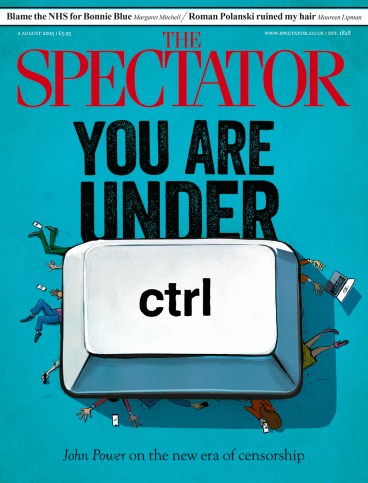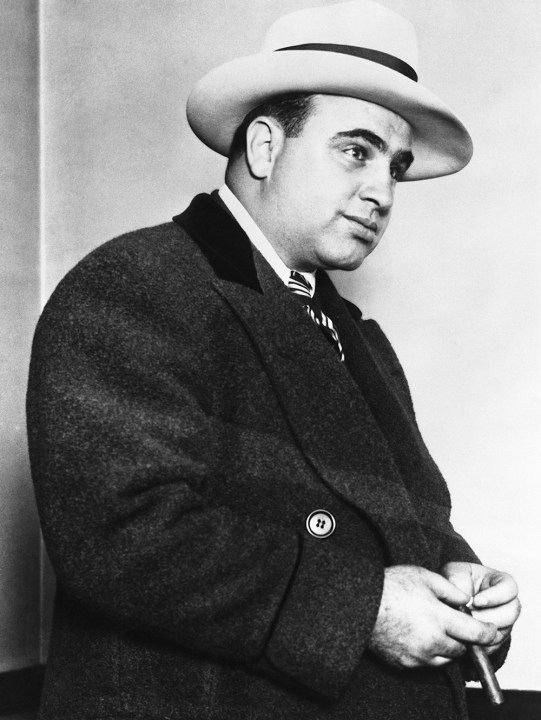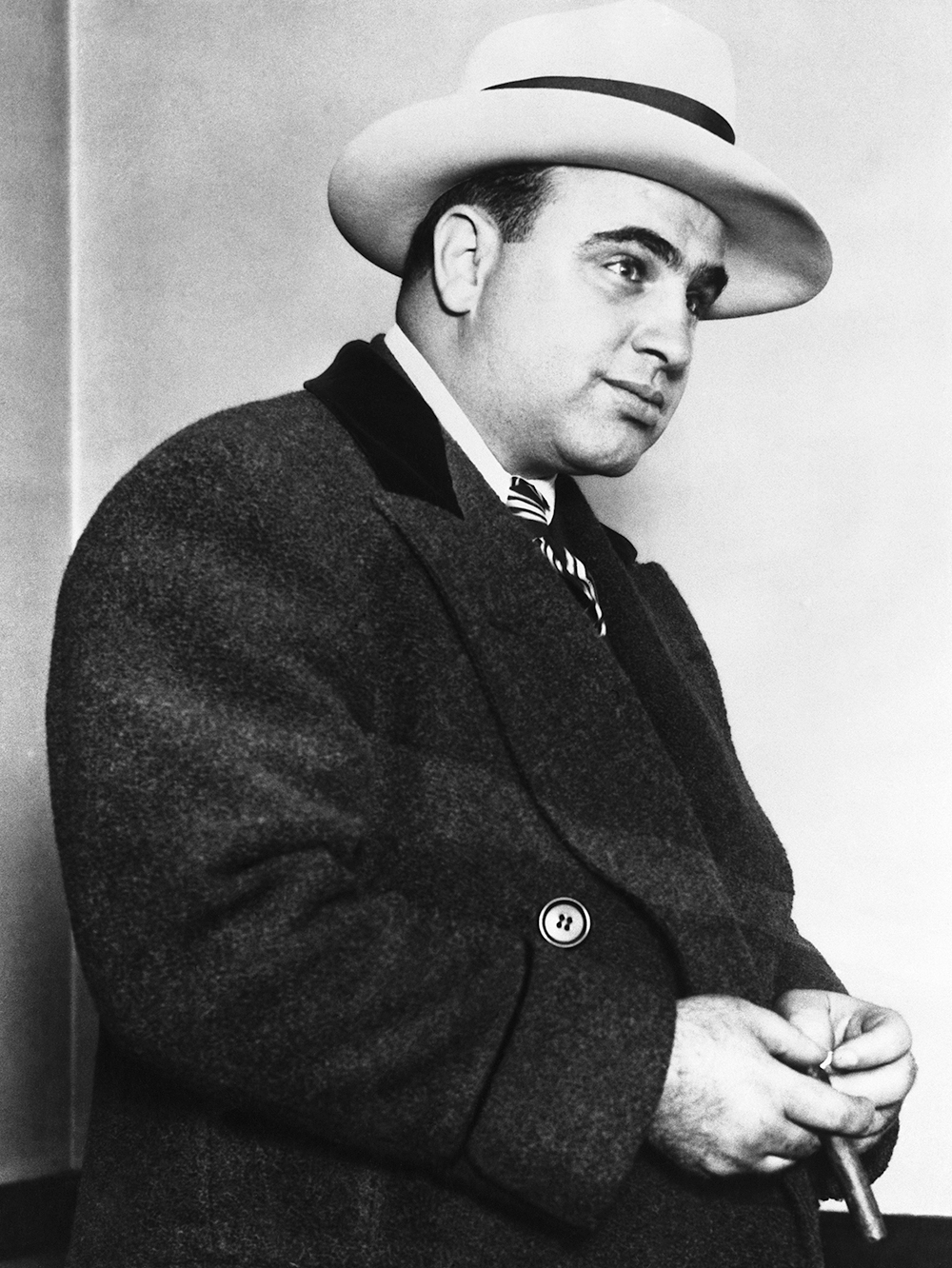
In the 18th century, the cash-strapped British crown imposed customs duties on tea imports that rose as high as 119 per cent. Unsurprisingly, such huge tariffs sparked a smuggling boom in coastal towns such as Deal, in Kent, where the cliffs were pockmarked with secret tunnels and half the inhabitants lived off profits from such illicit activities. When the government tried to crack down in 1781, it had to send in a 1,000-strong militia, headed by 100 men on horseback. Yet smuggling may have accounted for more than half of England’s trade at the time – and it often involved respected figures in communities who regularly bribed officials.
This underlines how the imposition of taxes creates illegal markets that can eat into state revenues and corrupt society. The 18th-century authorities framed this fight in moral terms, with loyalists, such as the theologian John Wesley, fulminating that smugglers were ‘worse than common highwaymen’. Others pushed fears that these crooks created ‘a nursery for all sorts of vice and wickedness’ and might be agents of their French foes. Yet if goods are overtaxed – or banned, like drugs today – then such smuggling can be viewed by some as a righteous fight against state injustice, thus funding and fuelling support for organised crime.
This example is among the glittering array of facts and anecdotes that stud the pages of Homo Criminalis, an examination of organised crime by Mark Galeotti, whose expertise on Russia and security has been so prominent in the media since the launch of Moscow’s atrocities in Ukraine. Fascinated by ‘the shadow worlds in which a nerdy scholar is not meant to intrude’, Galeotti probes the evolution of modern states, seeing them as ‘essentially engines to raise and spend taxes’. He then asks provocatively if we should be thinking of nations as ‘well-organised mafias which have been around long enough to accrue legitimacy’.
He does not really answer his own question; but this does not negate his subversive appraisal of organised crime, as he spears hypocrisy. Dante’s Inferno, written seven centuries ago, placed corrupt politicians in the eighth Circle of Hell, immersed in a lake of boiling pitch to reflect the impotence of the public to thwart their greed. As Galeotti says, corruption monetises privilege. Even elevating party donors or prime ministerial friends to the House of Lords fosters a damaging sense of moral degeneration. There is a corrosive belief that ‘if they break the rules, why shouldn’t we?’ Prosperous western democracies condemn corruption in poorer parts of the planet while their firms pay vast bribes and launder stolen cash.
If goods are overtaxed, then smuggling can be viewed as a righteous fight against state injustice
Galeotti romps at delirious speed through disreputable sectors such as drugs, human trafficking, gambling and pornography, spraying around often fascinating historical nuggets. In a chapter on cybercrime, he points out that the first case of hacking occurred in 1903 when Guglielmo Marconi was demonstrating his cutting-edge radio technology by preparing to send a message in Morse code to London. The receiver started suddenly tapping out the word ‘rats’, followed by the transmission of a scurrilous poem, since a magician had found a way to interfere with his signal.
The author’s obvious enthusiasm for his subject is matched by impressive erudition. Discussing gambling, he flits in one paragraph from a deity’s huge wager mentioned in the Mahabharata to Richard I’s efforts to curb betting during the Third Crusade. Then, in the subsequent one, he looks at the restrictions imposed by 13th-century Norwegian authorities in Bergen and a 14th-century ban on dicing and football in England intended to promote archery practice. Keep up at the back!
Clearly, organised crime is deeply capitalistic, with its ‘violent entrepreneurs’, even if Marxist academics portray ‘social bandits’ as liberation heroes in peasant societies. Galeotti argues that the underworld constantly adapts to service markets created and left unmet by the upper world, filling gaps emerging at any level, from backstreet drug dealing to sourcing antiquities for the wealthy. It exploits globalisation, leverages rivalries between nations and thrives on mistakes made by rulers – such as the ridiculous US attempt to prohibit alcohol. Galeotti claims that criminals become indicators of the gap between what society thinks it should have and what the state is willing to allow. History shows that when the gap grows too great, the deviant behaviour of gangsters can become redefined as legitimate.
This is a curious book – engaging and informative, yet ultimately leaving the reader wondering if it is really saying anything new. It does not solve the conundrum of how to draw the line between the underworld and upper world, despite skilfully skewering the posturing of polite society. One Scottish study found organised crime laundered its profits in cash-in-hand sectors such as cleaning and security, ‘helping to fuel the consumption habits of the middle classes in the bourgeois utopias’. And, as the author says, we need to recognise that our banks are full of dirty money; our foreign policy depends on deals with vile kleptocrats; our supply chains are packed with counterfeits; and our consumer goods and raw materials are reliant on trafficked labour. Sadly, all too often we turn a blind eye while brutal gangsters inflict misery.








Comments